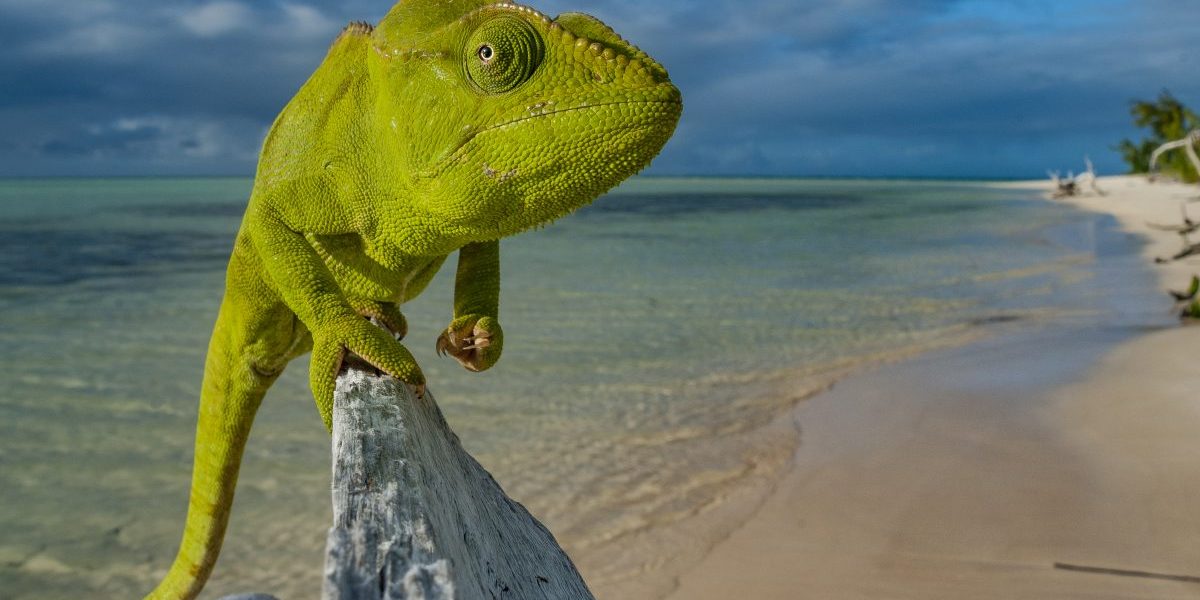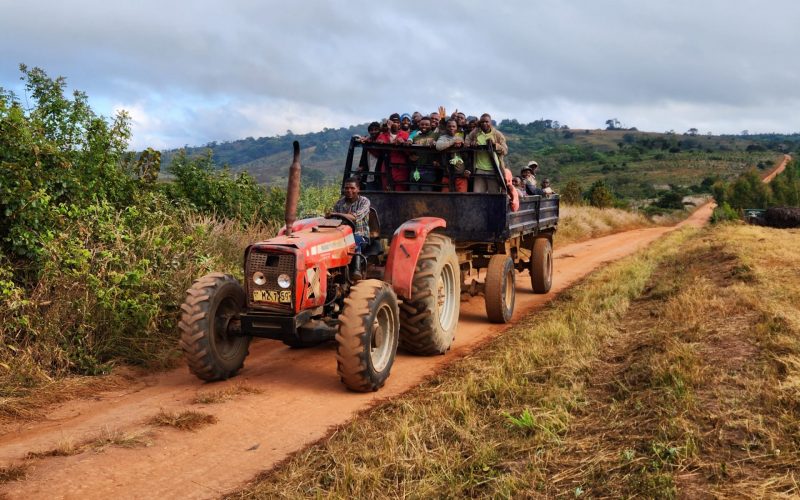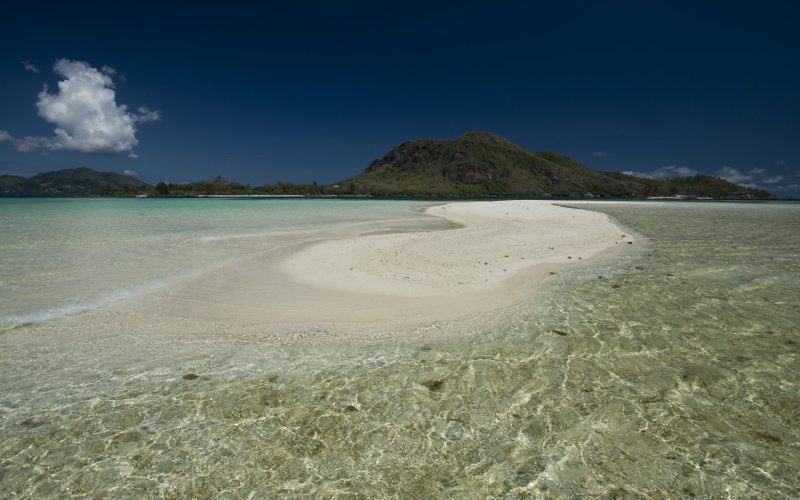The recently concluded United Nations Environment Assembly provided an opportunity to assess progress in the development of a post-2020 global biodiversity framework and consider African priorities related to biodiversity and development.
The fifth session of the United Nations Environment Assembly (UNEA-5) is being convened in two parts, the first of which was held virtually from 22-26 February 2021. The world’s highest-level decision-making body on the environment provided a platform for stakeholder engagement and participation in defining the most significant threats to the environment, as well as discussing how they can be addressed through collaborative efforts. UNEA-5 was guided by the overarching theme Strengthening Actions for Nature to Achieve the Sustainable Development Goals, which emphasises safeguarding the environment while pursuing nature-based solutions in support of the UN Agenda 2030 Sustainable Development Goals.
A global biodiversity assessment published in 2019 presented alarming findings: approximately 25% of the plant and animal species in the evaluated groups are threatened, and 1 million species face extinction within the next few decades. It is apparent that we have failed to meet the targets that were set a decade ago by world leaders under the Convention on Biological Diversity to protect and restore nature – known as the Aichi Biodiversity Targets.
These global trends relating to land degradation and biodiversity loss are also evident in Africa, with the World Bank predicting that the continent could lose approximately 50% of its bird and mammal species by 2100. The degradation of ecosystems also threatens the wellbeing of African societies, with the African Development Bank stressing that biodiversity is, in many respects, the “engine for socioeconomic development” given the dependence of African economies on agriculture, forests and water sources.
Africa’s population of 1.25 billion is predicted to double by 2050. This, together with rapid urbanisation and ongoing economic expansion will put further pressure on the continent’s biodiversity and the ecosystem services it provides. Climate change presents an additional set of threats to the region’s biodiversity, both through direct impacts on plant and animal life (such as desertification and ocean acidification), and through the heightened pressure that climate change will place on natural resources to support socio-economic activities.
Immediate action needed
UNEA-5 served as a platform to strengthen multilateral cooperation on protecting nature as the world deals with the wide-ranging social and economic impacts of the COVID-19 pandemic. Indeed, a key message emerging from UNEA-5 was the importance of incorporating the biodiversity agenda into efforts to ‘build back better’ in the aftermath of the COVID-19 pandemic.
The frailty of our planet calls for immediate and strengthened action, cooperation, ambition, and finance for the restoration and preservation of biodiversity. This sentiment was echoed by the President of the African Ministerial Conference on the Environment (AMCEN), Barbara Creecy, when delivering the African group statement at the opening session of UNEA-5. She noted that African ministers had pledged their commitment to support the preservation, restoration and enhancement of the continent’s environment and natural resources as integral to their efforts in tackling the COVID-19 pandemic.
AMCEN has recently adopted the African Green Stimulus Programme, which sets out 12 action areas through which Africa will seek to respond to the impact of the COVID-19 pandemic. These efforts are aligned with a number of key regional policy frameworks, including the African Union Agenda 2063 and the Pan-African Action Agenda on Ecosystem Restoration for Increased Resilience.
AMCEN has emphasised that the post-2020 global biodiversity framework should address all three objectives of the United Nations Convention on Biological Diversity, that is to say biodiversity conservation, the sustainable use of its components and the fair and equitable sharing of the benefits arising out of the utilisation of genetic resources, including by appropriate access to genetic resources to encourage conservation. For the Africa region, questions around biodiversity preservation are intrinsically linked to the region’s ambition for sustainable, equitable and inclusive growth and prosperity.
Developing synergies
The Pan-African Action Agenda on Ecosystem Restoration for Increased Resilience emphasises that “Africa’s biodiversity is one of the key assets for the achievement of the Sustainable Development Goals and can be sustainably and equitably used to reduce inequality and poverty on the continent”. There are significant opportunities to realise this vision through programmes that seek to develop synergies in addressing environmental, social and economic objectives. Whether framed as nature-based solutions, the restoration economy, or linked to broader green transition processes, such efforts are all essentially aligned to the African Union’s Agenda 2063, which aspires to a continent where “Africa’s unique natural endowments, its environment and ecosystems, including its wildlife and wild lands are healthy, valued and protected, with climate resilient economies and communities”.
- For more on this topic, see SAIIA Policy Briefing on Key African Priorities for a Post-2020 Global Biodiversity Framework, authored by Nicholas King.
- Other publications related to this theme are available through the SAIIA Biodiversity Archives.









